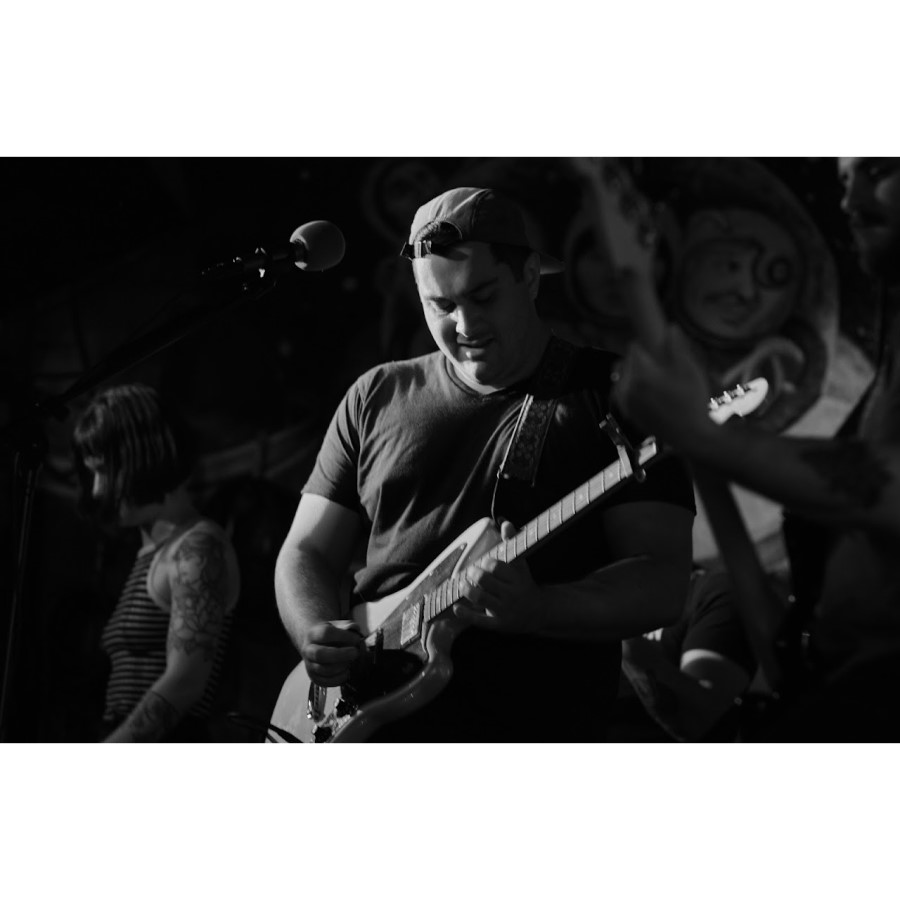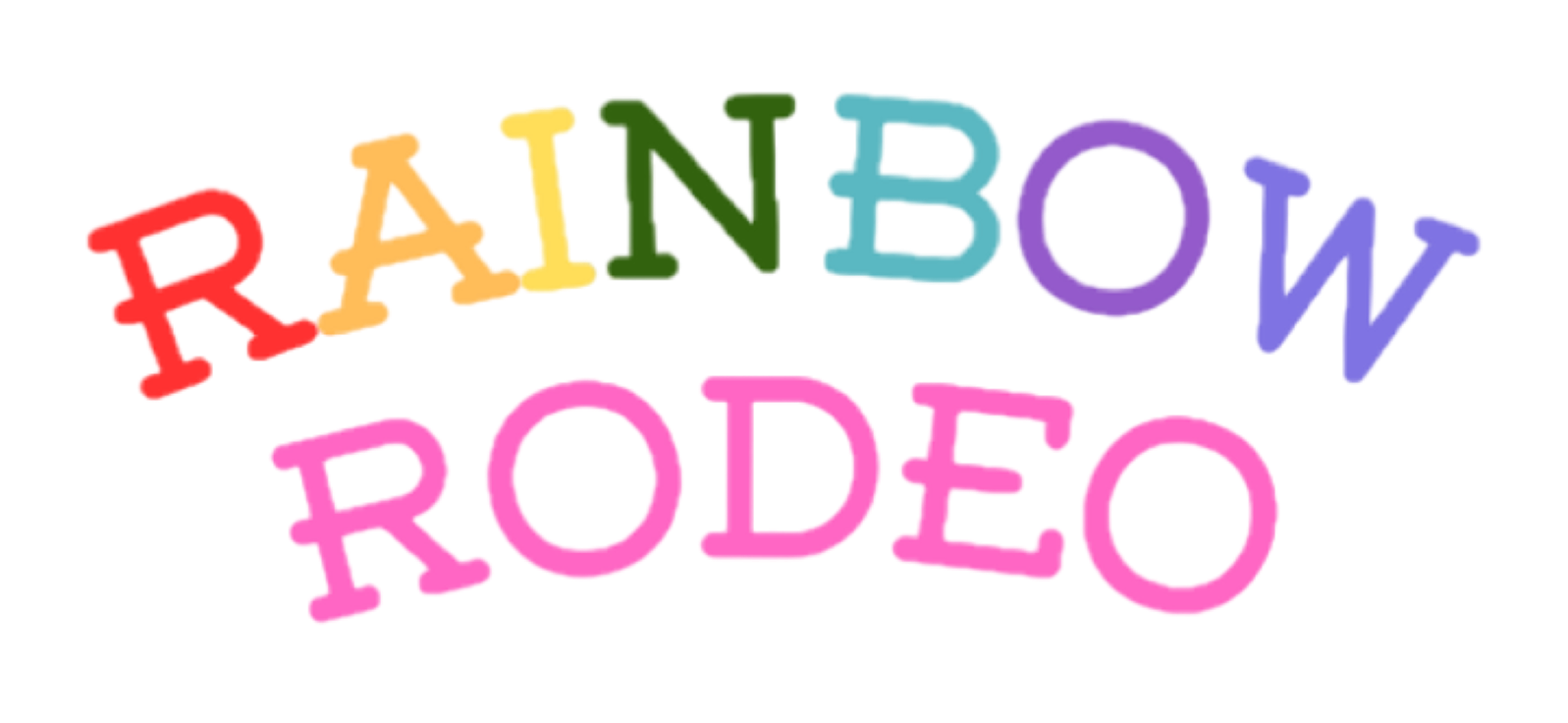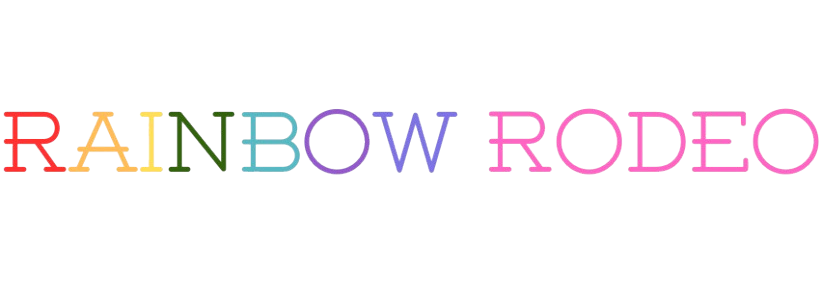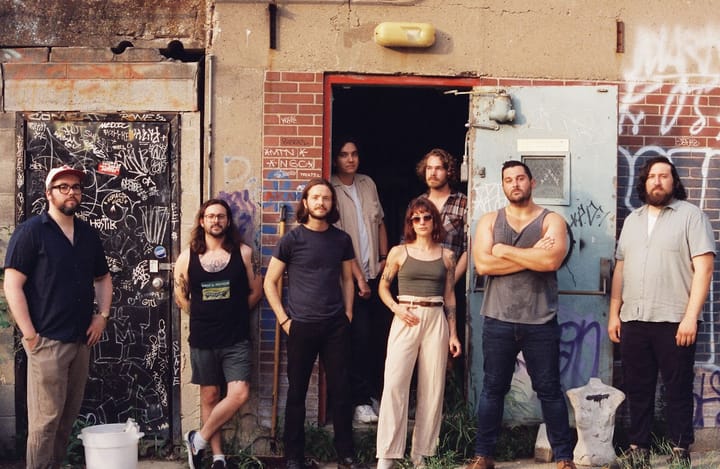INTERVIEW: The Lower Aetna Unravel Mythology in the Pine Barrens

The Lower Aetna began as a lonely quarantine project by Dylan Gallimore. His previous band, the Philadelphia-based Honeyjar, had just taken an indefinite hiatus and Gallimore began to feverishly write — literally, since he was sick with COVID-19. After firing off a stadium rock-inspired album, Waiting for God to Turn on the Lights, The Lower Aetna has turned their sites to Americana and his home — the majestic forests of the New Jersey Pine Barrens.

The band’s upcoming album, Pine, follows a cast of queer characters living quiet lives in the archipelago of small towns that speckle the Pine Barrens, all desperate for something—lost love, a human touch, a memory of better days, or even just a flicker of hope that things might be better tomorrow. In our interview, Gallimore tells us more about the driving force behind The Lower Aetna.
Explain the title of your album.
All the songs on Pine are set in the Pine Barrens of Southern New Jersey, and nearly all the characters on Pine are pining for something. It was honestly the only name we could’ve gone with.
Early on, my working title for the record was “Yearbook,” because a lot of the songs are inspired by people or stories from the small town on the edge of the Pine Barrens where I grew up. The Pine Barrens is a massive, sprawling pine forest, sandwiched between the Philadelphia suburbs and the Jersey shore. It’s a place that’s kind of insulated from the outside world. There’s a magic to it, and for me, a familiarity…but also a strangeness. It’s a unique place. It seemed like the perfect setting to put all these characters as they try to sort out their lives.
Does your album have an overarching theme?
Yes it does! Pine can be summed up in two words: queer loneliness.
Most of the songs on Pine are about queer millennials in their 20s and 30s who either had something and lost it, or never had it in the first place but desperately need it. “Blood Moon” is about a sexually frustrated gay farm worker who finally has a chance at a human connection. “Carny Song” is about a hopelessly romantic gay carnival worker, desperate to find love at the fairgrounds this summer. “Kelsey” tells the story of a woman whose first queer love cheats on her with a man, has his child, and dies; it’s about the character’s relationship with that child, and eventually, her child.
Most of these characters are in the grips of a deep loneliness. They’re alone with and in their queerness, trying to navigate and understand it as they get older in this remote, strange part of the world.
How do you feel your queer identity ties into your performance style or music?
My queerness is central to my music because it’s central to me. To me, queerness, at its best, means a deeper connection to humanity and the human experience. My songwriting and music are a vehicle for expressing and exploring that. I really love writing songs about complicated people, especially if it means grappling with some subject matter that might be uncommon or feel a little uncomfortable. To me, that’s where the magic happens—complex characters and uncommon or uncomfortable subject matter. Those are the kind of stories I want to tell because they’re the ones I want to hear. They feel real and raw to me.
How do you feel your coming out journey plays into your music?
Coming out is nothing if not the unraveling of a myth, and that’s what so many great stories do: unravel myths. Often, the characters I write about are lying to themselves about something—a dad who thinks his pot-smoking writer son is going to join the military, or a nonbinary artist who just knows their life’s going to get better once they finish that magnum opus they’ve been working on for years. I think I probably find delusional characters interesting because I was deluded about who I was for so long.
Sometimes, so much of life is just a fight to figure out where we’re lying to ourselves and stop doing it. We spend so much of our lives telling ourselves stories about certain things so we can just keep going. But when those myths finally unravel, it’s a glorious thing—shocking, thrilling, terrifying, human, real. I love those moments. That’s where we transform.
What words did you need to hear as you explored your identity?
In his song “It’s Never Been A Fair Fight,” Craig Finn has this incredible line: “If things change quickly, just remember I still love you.” I was at Planet Fitness the first time I heard him sing it, and had to leave so I could have a good, gay cry alone in the car. I love that line so much I got it tattooed on my leg two days later.
As a closeted suburban boy with pretty rampant untreated anxiety, hearing those words back then would’ve done a lot for me. The knowledge that things can change—me, you, the world around us, the people we thought we’d be—but that we can love each other through it regardless is exactly what I needed to hear. I would’ve given anything to be reassured that me turning out to be someone other than who I’d thought I was wouldn’t cost me the love of the people I cared about.
“If things change quickly, just remember I still love you.” It’s what I want to say to the world, it’s what I’d want the world to say to me. It’s the pact I want to make with everyone in my life. It’s the kind of love we all deserve—a love that’s totally unphased by disruptive outside events. Perfect.
Pine will be available everywhere on August 9, 2024.




